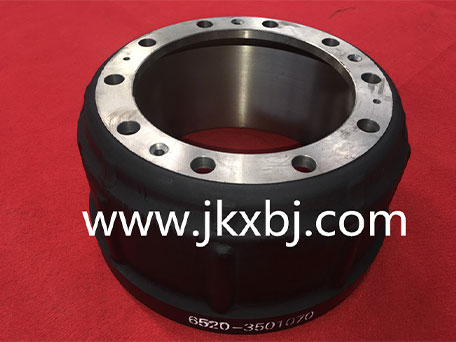

stainless bolts
Dec . 04, 2024 10:14 Back to list
stainless bolts
The Rise of Stainless Steel Bolts A Key Component in Modern Engineering
In the realm of engineering and construction, the importance of durable, reliable, and corrosion-resistant materials cannot be overstated. Among these materials, stainless steel has emerged as a preferred choice, particularly in the fabrication of bolts. Stainless steel bolts are critical components that play a vital role in the integrity and longevity of structures and machinery.
Composition and Properties
Stainless steel bolts are primarily made from an iron alloy that contains at least 10.5% chromium. This addition of chromium is what gives stainless steel its remarkable resistance to oxidation and corrosion, making it suitable for a wide range of applications—from aerospace to automotive, and from marine environments to everyday household items. The unique composition of stainless steel also contributes to its strength and durability. For instance, stainless steel bolts can withstand high temperatures and pressures, making them ideal for industries that require robust fastening solutions.
There are various grades of stainless steel, with 304 and 316 being the most commonly used for bolts. Grade 304 offers good corrosion resistance and is used widely in food processing and chemical industries. However, for environments with higher chloride concentrations, such as marine applications, grade 316 is preferred due to its enhanced resistance to pitting and crevice corrosion.
Applications in Various Industries
Stainless steel bolts find applications across many industries. In the construction sector, they are used in buildings, bridges, and infrastructure projects. Their resistance to rust and corrosion ensures that structures remain safe and sound over the years, even in harsh weather conditions. Furthermore, stainless steel bolts can withstand vibrations, which is crucial for machinery and automotive applications where performance and safety are paramount.
In the aerospace sector, stainless steel bolts are integral to the assembly of aircraft. Given the extreme conditions in which airplanes operate, components must withstand not only structural stresses but also severe environmental impacts. The use of stainless steel bolts ensures the reliability necessary for flight.
stainless bolts

Another critical sector is the food and beverage industry, where hygiene is paramount. Stainless steel bolts are non-reactive, meaning they do not corrode or leach toxic substances into food products. This quality makes them an indispensable component in production lines, processing equipment, and storage solutions.
Advantages Over Traditional Materials
Comparing stainless steel bolts to their traditional counterparts, such as carbon steel, reveals numerous advantages. Traditional steel fasteners often require additional coatings, such as galvanization, to protect against corrosion. These coatings can wear off over time, exposing the underlying metal to the elements and leading to premature failure. In contrast, stainless steel bolts offer a self-healing property; when scratched, they can regenerate a protective layer of chromium oxide, thereby resisting further corrosion.
Moreover, the aesthetic appeal of stainless steel cannot be ignored. Its shiny, polished finish is not only attractive but also provides a clean look that is often preferred in visible applications, such as architectural designs and fixtures in modern homes and buildings.
Challenges and Considerations
While the benefits of stainless steel bolts are significant, it is essential to consider some challenges. One major concern is their cost compared to traditional steel options. Stainless steel bolts can be more expensive, but the long-term savings in maintenance and replacement often justify the initial investment. Additionally, specific applications may require careful selection based on the environmental conditions they will face, such as temperature variations or exposure to chemical substances.
Conclusion
The evolution of stainless steel bolts has revolutionized various industries by providing superior strength, durability, and corrosion resistance. As we continue to innovate and seek materials that contribute to sustainability and efficiency, the role of stainless steel bolts will likely expand. Their applications range widely, serving as an essential element in modern engineering solutions. Whether in the construction of skyscrapers, the assembly of aircraft, or the manufacturing of kitchen appliances, stainless steel bolts are indeed a testament to the progress and sophistication of contemporary engineering.
Latest news
-
High-Strength Hot Dip Galvanized Bolts - Hebei Longze | Corrosion Resistance, Customization
NewsJul.30,2025
-
Hot Dip Galvanized Bolts-Hebei Longze|Corrosion Resistance&High Strength
NewsJul.30,2025
-
High-Strength Hot-Dip Galvanized Bolts-Hebei Longze|Corrosion Resistance&High Strength
NewsJul.30,2025
-
Hot Dip Galvanized Bolts-Hebei Longze|Corrosion Resistance&High Strength
NewsJul.30,2025
-
Hot Dip Galvanized Bolts - Hebei Longze | Corrosion Resistance, High Strength
NewsJul.30,2025
-
High-Strength Hot Dip Galvanized Bolts-Hebei Longze|Corrosion Resistance, Grade 8.8
NewsJul.30,2025

